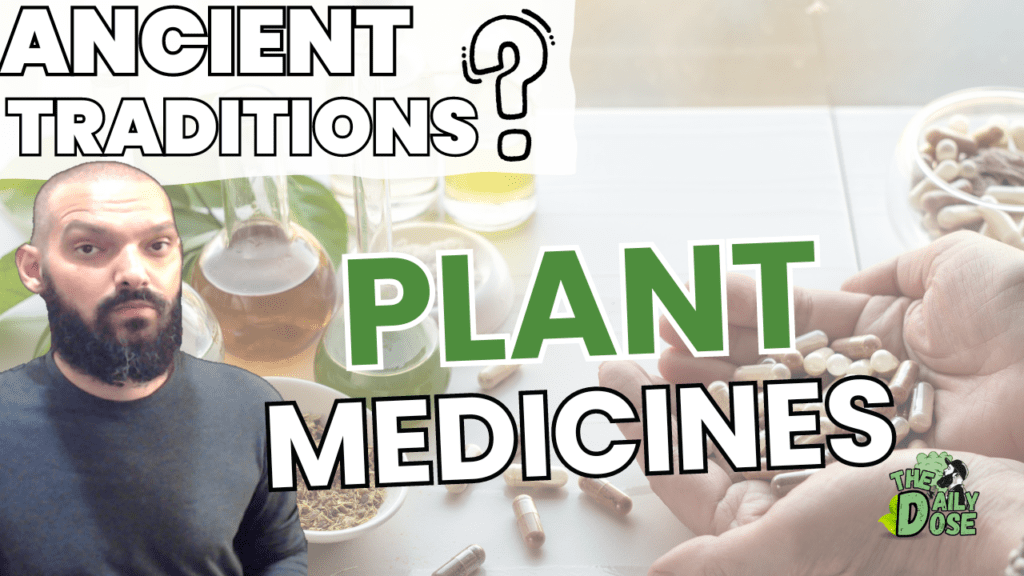The Journey To Well Being With Plant Medicines
Introduction
In a world driven by modern medicine and pharmaceuticals, there’s a quiet revolution unfolding in healthcare – the resurgence of plant medicines. This article explores the fascinating realm of plant medicines, their historical roots, the science behind their healing properties, common uses, ethical considerations, integration into modern healthcare, safety regulations, and much more.
Let’s delve into this botanical world, discovering how plants have been humanity’s most trusted healers for centuries.
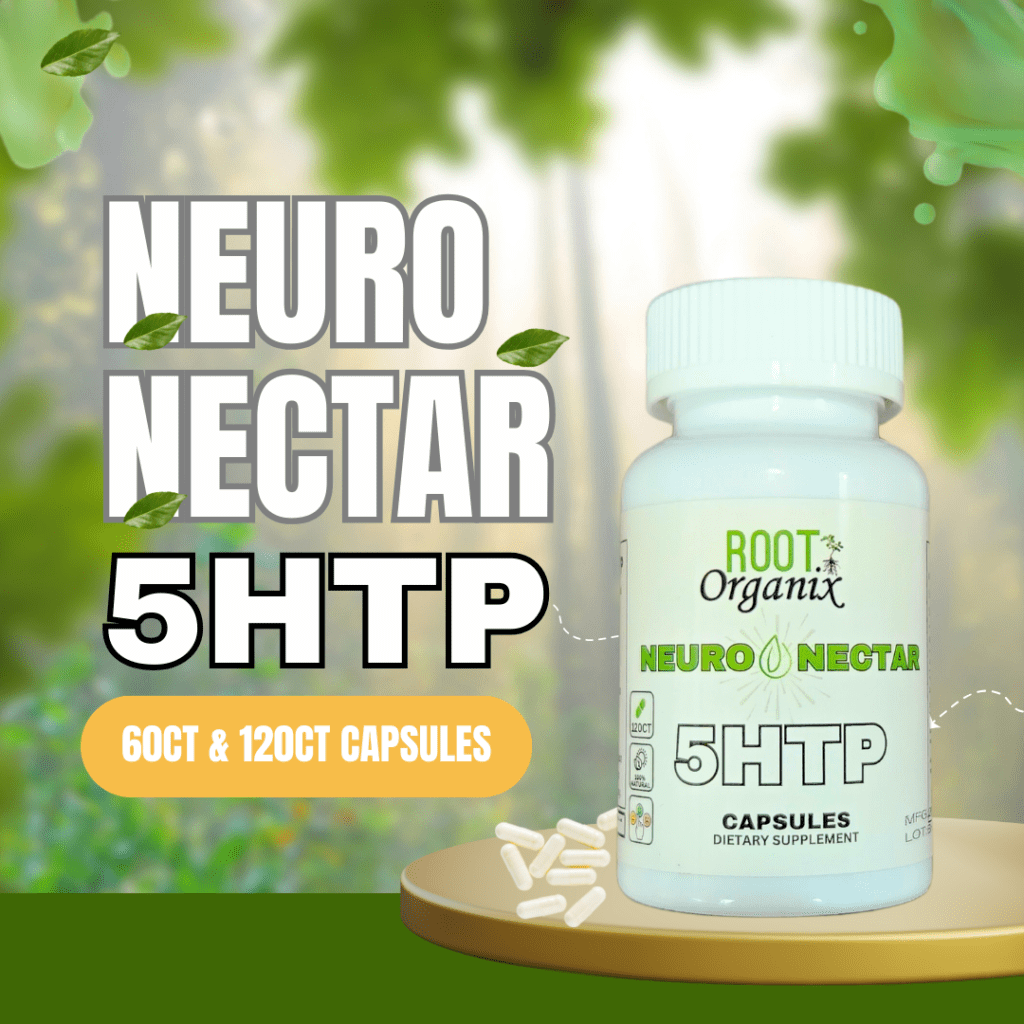
Historical Roots
Humanity’s relationship with plant derived medicines is as old as civilization itself. From the ancient Ayurvedic practices in India to the Traditional Chinese Medicine (TCM) system, plants have played a pivotal role in healing. In this section, we’ll explore the historical significance of plant derived medicines across various cultures and their continued relevance in today’s world.
In Ayurveda, for instance, we find records of the medicinal use of plants dating back over 5,000 years. The Rigveda, one of the oldest texts, mentions a variety of plant-based remedies for ailments. TCM, on the other hand, boasts a rich history that spans millennia, with a deep understanding of the healing properties of herbs like ginseng, ginkgo, and astragalus. We’ll delve into these practices and more, showcasing the enduring wisdom of ancient civilizations.
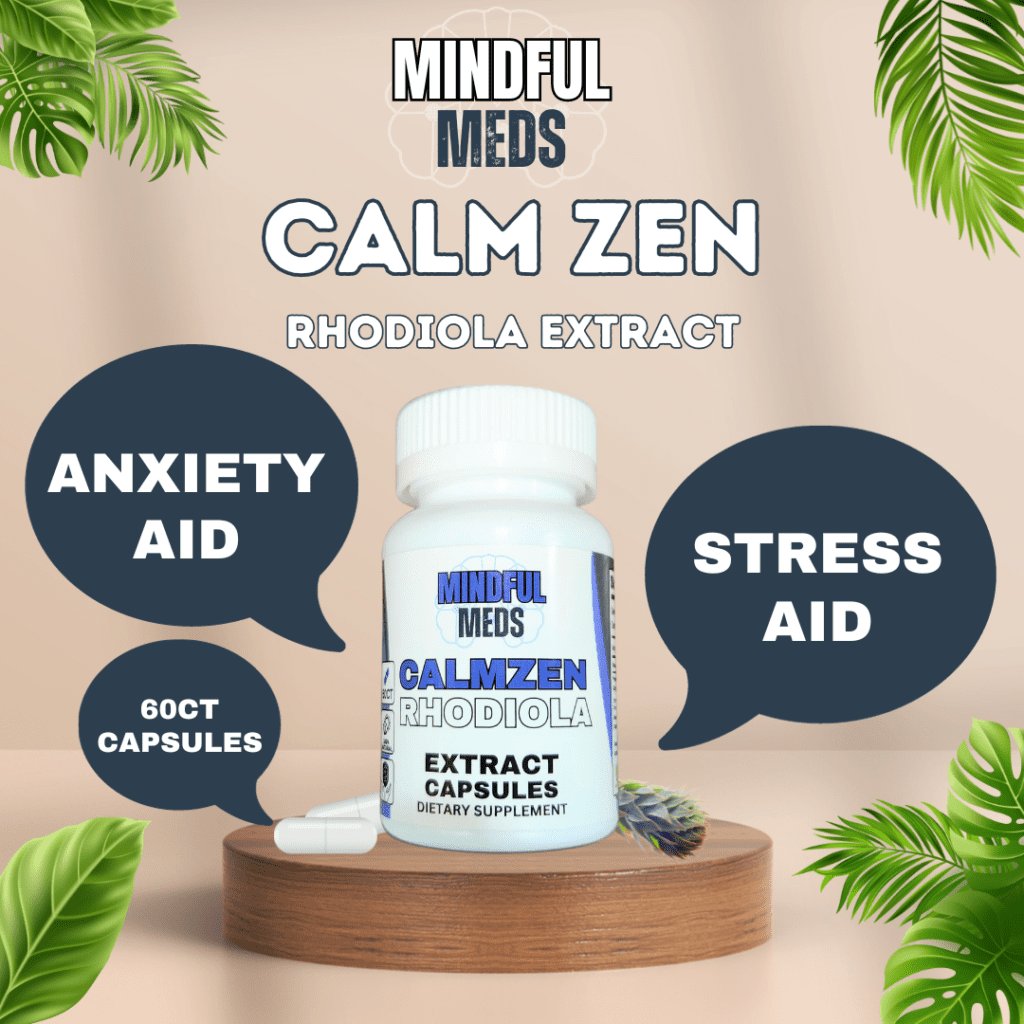
Here Is A List Of Common Ayurvedic Medicines
| Types | Descriptions |
|---|---|
| 1. Rasayana | Rejuvenative medicines for longevity and vitality. |
| 2. Arogyavardhini Vati | Used for liver detoxification and skin disorders. |
| 3. Chyawanprash | An herbal jam for immunity and overall health. |
| 4. Triphala Churna | A digestive and detoxification herbal powder. |
| 5. Ashwagandha | An adaptogenic herb for stress and energy. |
| 6. Turmeric (Curcumin) | Known for its anti-inflammatory properties. |
| 7. Trikatu Churna | A blend of three spices for digestive health. |
| 8. Brahmi (Bacopa) | Used to enhance memory and cognitive function. |
| 9. Guggul | For cholesterol management and joint health. |
| 10. Shilajit | A mineral pitch used for overall vitality. |
Here Is The List Of Uncommon Ayurvedic Medicines
| Types | Descriptions |
|---|---|
| 1. Kutki | Used for liver disorders and detoxification. |
| 2. Vacha | An herb for improving memory and cognitive clarity. |
| 3. Makardhwaj | An aphrodisiac and rejuvenative preparation. |
| 4. Guduchi/Giloy | Known for its immune-boosting properties. |
| 5. Pippali Rasayana | A formulation containing long pepper for vitality. |
| 6. Kanchanar Guggul | Used for thyroid disorders and lymphatic health. |
| 7. Yashtimadhu (Licorice) | For soothing the digestive tract and throat. |
| 8. Bilva (Bael) | Used for digestive disorders and diarrhea. |
| 9. Kesar (Saffron) | A rare spice used for various health benefits. |
| 10. Varuna | Utilized for urinary tract and kidney health. |
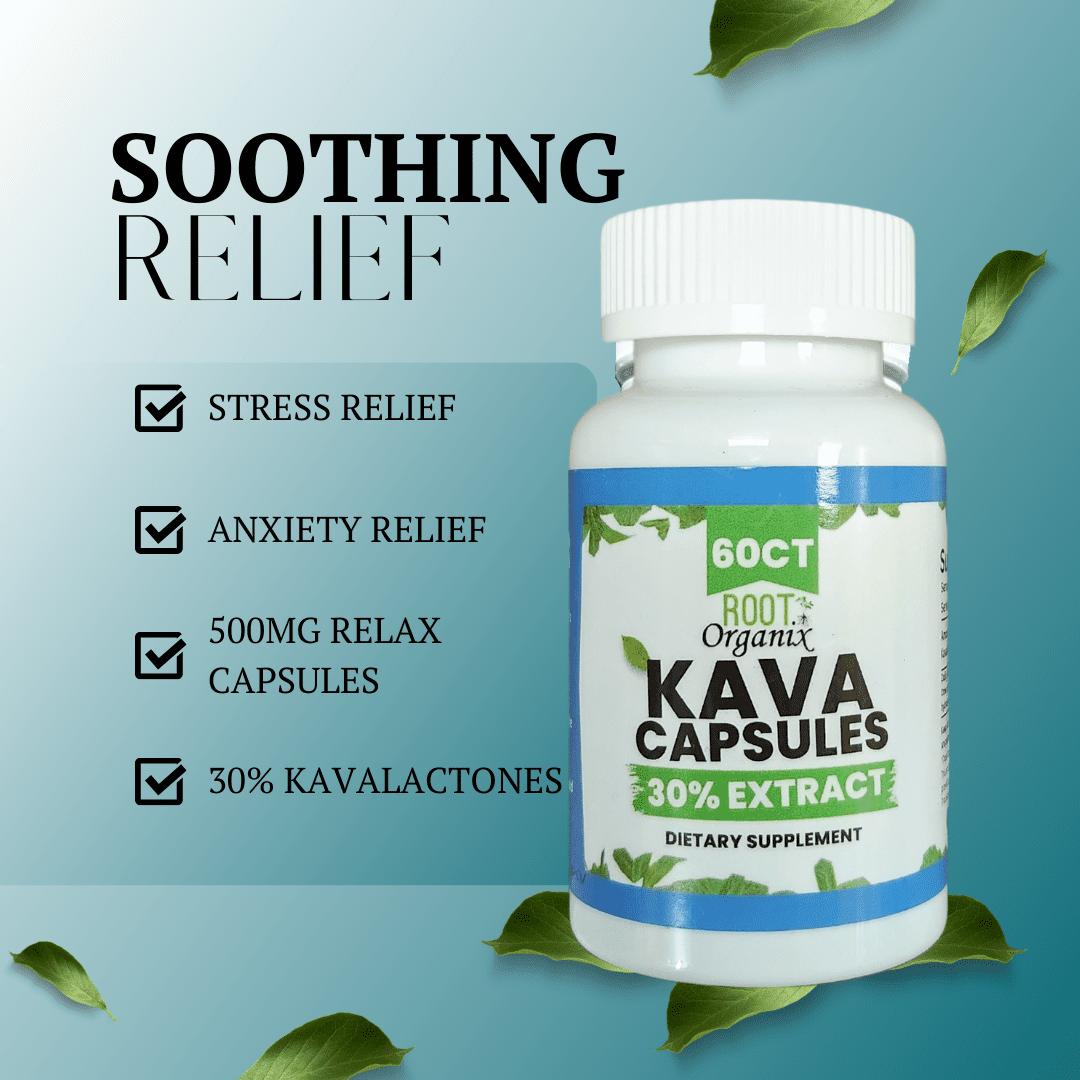
Here Is The List For Common Traditional Chinese Medicines
| Types | Descriptions |
|---|---|
| 1. Ginseng (Ren Shen) | Used for energy, vitality, and immune support. |
| 2. Astragalus (Huang Qi) | An adaptogen for boosting the immune system. |
| 3. Ginkgo Biloba (Yin Xing) | Supports cognitive function and circulation. |
| 4. Goji Berries (Gou Qi Zi) | Rich in antioxidants and used for eye health. |
| 5. Chinese Skullcap (Huang Qin) | Used for relaxation and anxiety relief. |
| 6. Dong Quai (Dang Gui) | Traditionally for women’s health and blood. |
| 7. Turmeric (Jiang Huang) | Known for its anti-inflammatory properties. |
| 8. Licorice Root (Gan Cao) | For soothing the digestive tract and throat. |
| 9. Chrysanthemum (Ju Hua) | Used for eye health and cooling properties. |
| 10. Mushrooms (e.g., Reishi, Shiitake) | Various health benefits, including immune support. |
Here Is A List Of Uncommon Traditional Chinese Medicines
| Types | Descriptions |
|---|---|
| 1. Cordyceps (Dong Chong Xia Cao) | Used for energy, respiratory health, and libido. |
| 2. He Shou Wu (Fo-Ti) | Believed to promote hair growth and longevity. |
| 3. Bupleurum (Chai Hu) | Used for liver health and emotional balance. |
| 4. Eucommia Bark (Du Zhong) | For joint and bone health. |
| 5. Moxibustion (Ai Jiu) | A technique involving burning herbs near the skin. |
| 6. San Qi (Tian Qi) | Used for wound healing and stopping bleeding. |
| 7. Huang Lian (Coptis) | For digestive issues and clearing heat. |
| 8. Rou Gui (Cinnamon Bark) | Supports circulation and warmth. |
| 9. Wu Wei Zi (Schisandra) | Adaptogen for stress and liver support. |
| 10. Bai Zhu (Atractylodes) | Used for digestive health and strengthening spleen. |
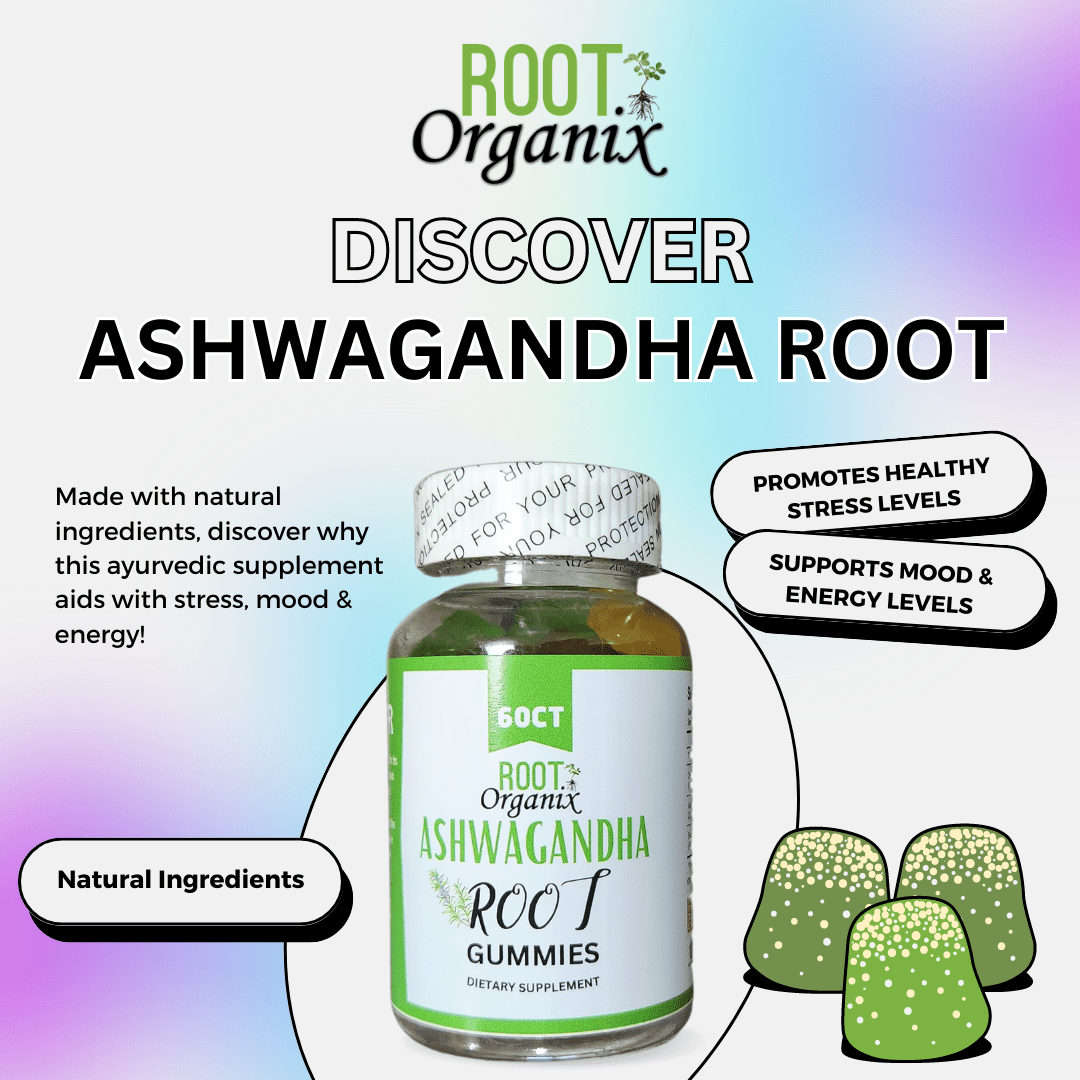
The Science Behind Plant Remedies
The therapeutic potential of plants isn’t mere folklore; it’s grounded in science. The active compounds within these botanical wonders have been studied extensively, revealing their remarkable healing properties. From the alkaloids of the opium poppy to the antioxidants in green tea, there’s a wealth of scientific evidence supporting the efficacy of plant based medicines. This section will unveil the biochemistry and pharmacology behind these natural remedies, making the case for their inclusion in modern healthcare.
For instance, the compound curcumin, found in turmeric, has been widely studied for its anti-inflammatory and antioxidant properties. Similarly, the active ingredients in the ancient plant based medicine known as willow bark have inspired the development of modern-day aspirin. We’ll explore these scientific breakthroughs and more, demonstrating how plant medicines offer not just an alternative but often a complementary approach to conventional medicine.
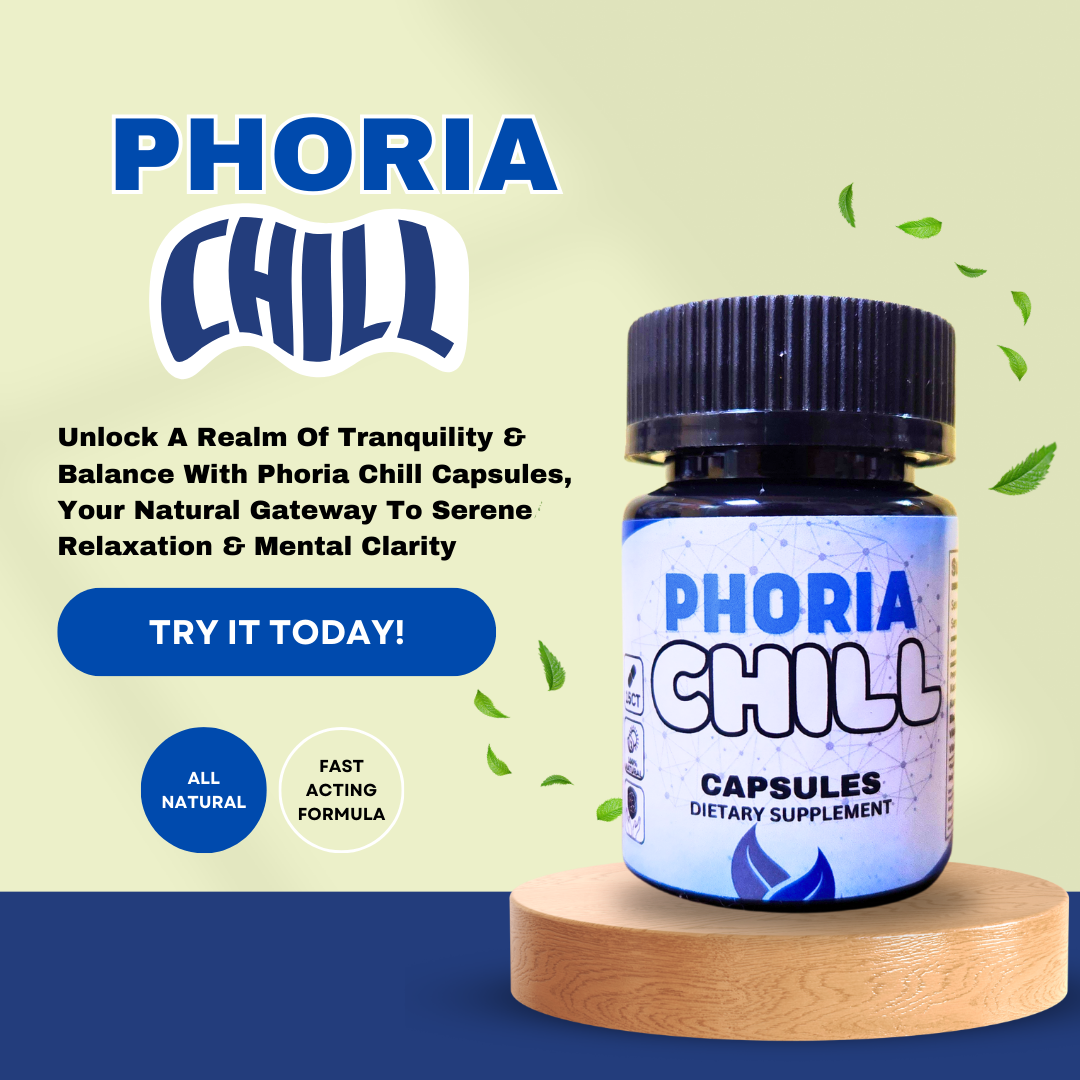
Common Plant Remedies and Their Uses
The plant kingdom is a treasure trove of healing resources, each with its unique set of therapeutic benefits. From the soothing properties of chamomile to the powerful anti-cancer potential of the periwinkle plant, there many different plant derived solutions for common ailments.
Chamomile, a popular herb, is renowned for its soothing properties, making it a staple in herbal remedies and teas. The plant contains various bioactive compounds, including chamazulene and apigenin, which have demonstrated anti-inflammatory, antioxidant, and calming effects.
These properties make chamomile an excellent choice for promoting relaxation, alleviating stress, and aiding in sleep, as well as providing relief for conditions such as indigestion and skin irritation. On the other hand, the periwinkle plant, specifically the species Catharanthus roseus, harbors a remarkable anti-cancer potential.
It contains alkaloids such as vinblastine and vincristine, which are crucial components in chemotherapy, particularly for treating leukemia and certain types of lymphoma. The periwinkle’s anti-cancer properties exemplify the significant contributions that some plants can make to modern medicine, offering new avenues in the ongoing fight against cancer.
Discover the adaptogenic qualities of Ashwagandha, the calming effects of lavender, and the immune-boosting properties of echinacea. You’ll gain a comprehensive understanding of these natural remedies, empowering you to make informed choices about your health.
Ashwagandha, an Ayurvedic herb, is celebrated for its adaptogenic qualities, which means it helps the body adapt to stress and balance its physiological processes. Its active compounds, including withanolides, have been shown to reduce cortisol levels, the stress hormone, and support the body’s resilience to various stressors.
Lavender, on the other hand, is well-known for its calming effects. The plant’s aromatic essential oil contains compounds like linalool, which have been linked to reduced anxiety and improved sleep quality. Lavender’s soothing properties make it a popular choice for aromatherapy and relaxation techniques. Additionally, echinacea, a well-established immune-boosting herb, is rich in polysaccharides and alkylamides that enhance the body’s immune response.
Echinacea has long been used to support the immune system and help the body fend off infections, particularly colds and upper respiratory illnesses. These three plants showcase the diverse therapeutic properties found in the plant kingdom, offering natural remedies for a range of health concerns, from stress and anxiety to immune system support.
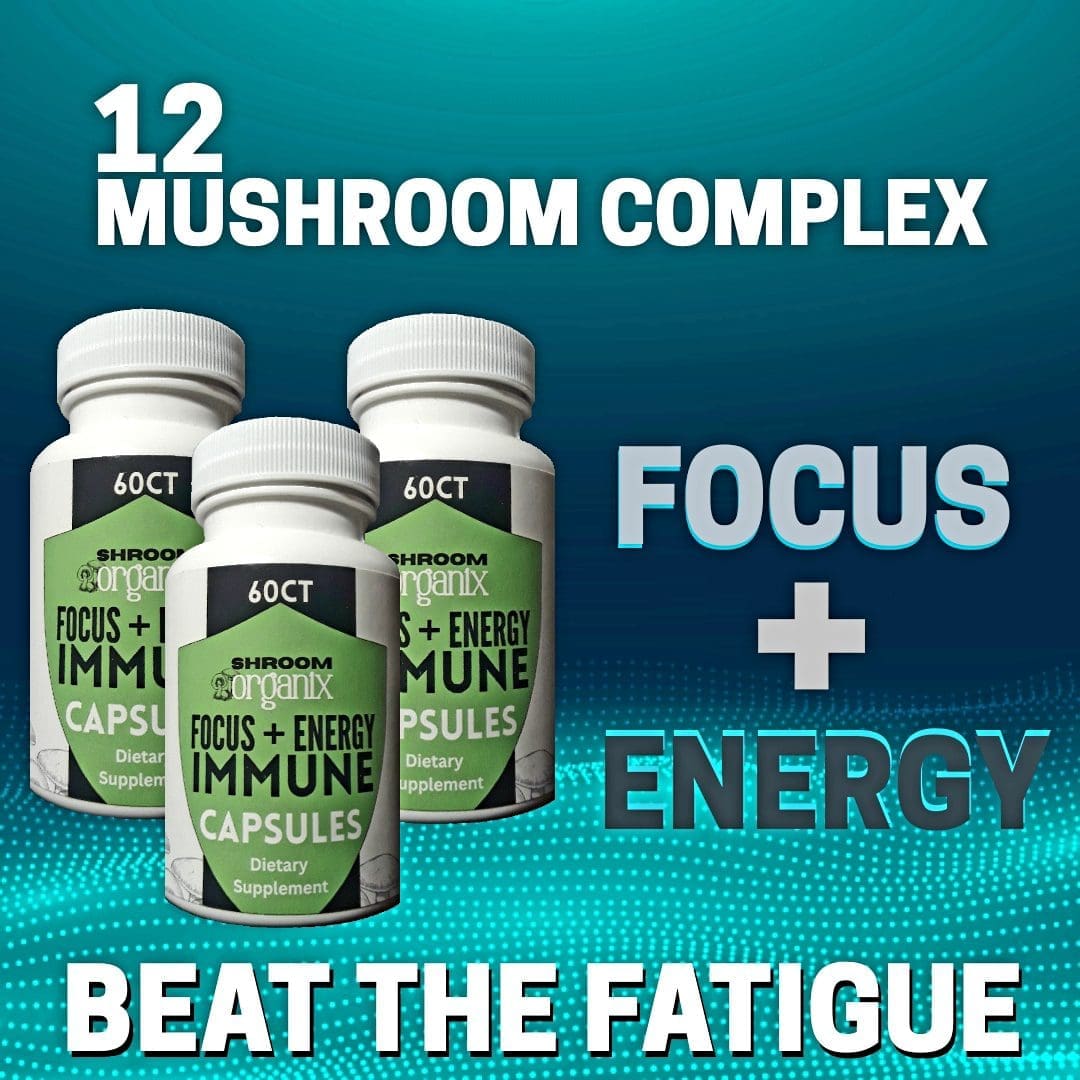
Ethical and Sustainability Considerations
As the demand for plant derived medicines continues to grow, ethical and sustainability concerns have come to the forefront. Overharvesting and habitat destruction threaten many plant species. In this section, we’ll delve into the importance of sustainable practices, conservation efforts, and ethical sourcing in the world of plant medicine.
Overharvesting and habitat destruction pose significant threats to the availability and sustainability of plant derived medicines worldwide. Overharvesting occurs when plant species are collected in quantities that exceed their natural regeneration rates, often driven by the high demand for these botanical resources in various traditional and alternative medicinal practices.
This practice can lead to the depletion of plant populations, and if unchecked, it may push some species to the brink of extinction. Many medicinal plants are already at risk due to overexploitation, exacerbated by a lack of regulation and monitoring in the wild plant trade. This not only endangers the biodiversity of ecosystems but also undermines the long-term availability of essential plant medicine.
Habitat destruction, often associated with deforestation, agriculture, urbanization, and land development, further compounds the challenges faced by plant medicines. When natural habitats are destroyed or altered, the delicate ecological balance that supports these medicinal plants is disrupted. This may lead to the loss of specialized microenvironments and ecosystems that certain plant species rely on, hindering their natural growth and propagation.
Additionally, habitat destruction can displace indigenous communities and traditional knowledge, causing the loss of valuable wisdom related to the sustainable use of medicinal plants. To address these issues, conservation efforts, sustainable harvesting practices, and the promotion of alternative cultivation methods are essential to ensure the continued availability of plant medicines while preserving the delicate ecosystems in which they thrive.
We’ll explore initiatives like Fair Wild and the Convention on International Trade in Endangered Species of Wild Fauna and Flora (CITES) that seek to ensure the responsible and ethical use of medicinal plants. Understanding these issues is vital for the preservation of both plant species and the wisdom of traditional healing practices.
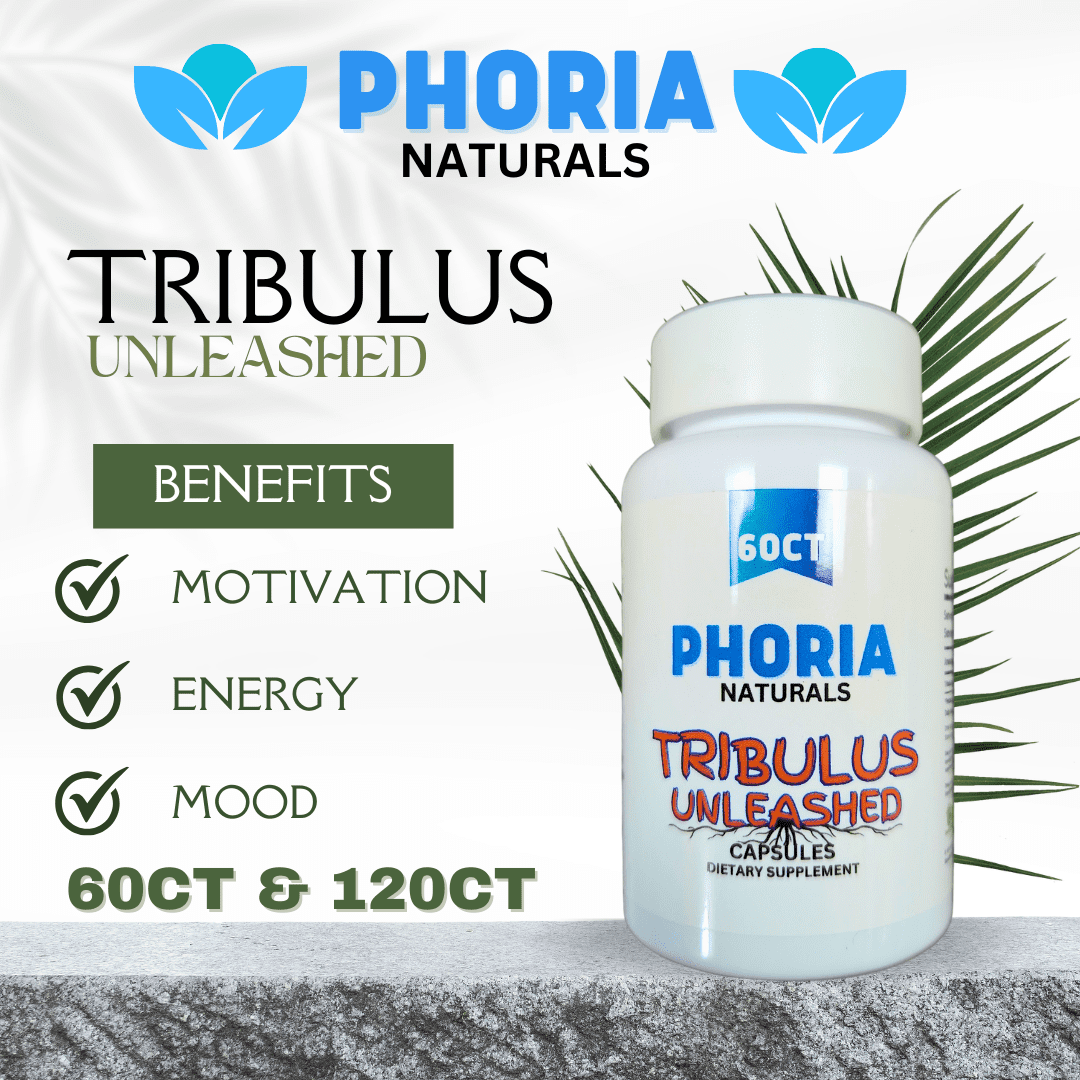
Integration into Modern Healthcare
The traditional and the modern can coexist harmoniously in the realm of healthcare. This section will shed light on how natural medicines are gradually being integrated into mainstream healthcare systems. We’ll discuss the concept of integrative medicine and the role of botanicals in holistic health practices.
Integrative medicine is an approach to healthcare that combines the principles and practices of conventional Western medicine with alternative and complementary therapies. It emphasizes the importance of treating the whole person, not just the disease or symptoms, and often integrates treatments such as acupuncture, chiropractic care, mind-body techniques, and botanical remedies alongside conventional medical treatments.
Botanicals play a crucial role in this holistic approach to health and wellness. Herbal medicines, derived from plants, are used to support and enhance the body’s natural healing processes. Many botanicals have been used for centuries in various traditional healing systems, such as Ayurveda, Traditional Chinese Medicine, and Native American medicine, and are known for their therapeutic properties.
They offer a more natural and sometimes gentler alternative to pharmaceutical drugs, with the potential to treat a wide range of health conditions.
The use of botanicals in integrative medicine emphasizes personalized and patient-centered care. Practitioners take into account an individual’s unique needs, preferences, and health history to tailor botanical treatments. This approach acknowledges that health and well-being are multifaceted and that botanical remedies can address not only physical symptoms but also emotional, mental, and spiritual aspects of health.
Integrative medicine recognizes the synergy between botanicals and conventional medicine, striving to provide a comprehensive and effective approach to healthcare that combines the best of both worlds, promoting not only the alleviation of symptoms but also the overall health and balance of the individual.
However, it is important to use botanicals under the guidance of trained healthcare professionals, as their effectiveness and safety can vary depending on the plant and individual circumstances.
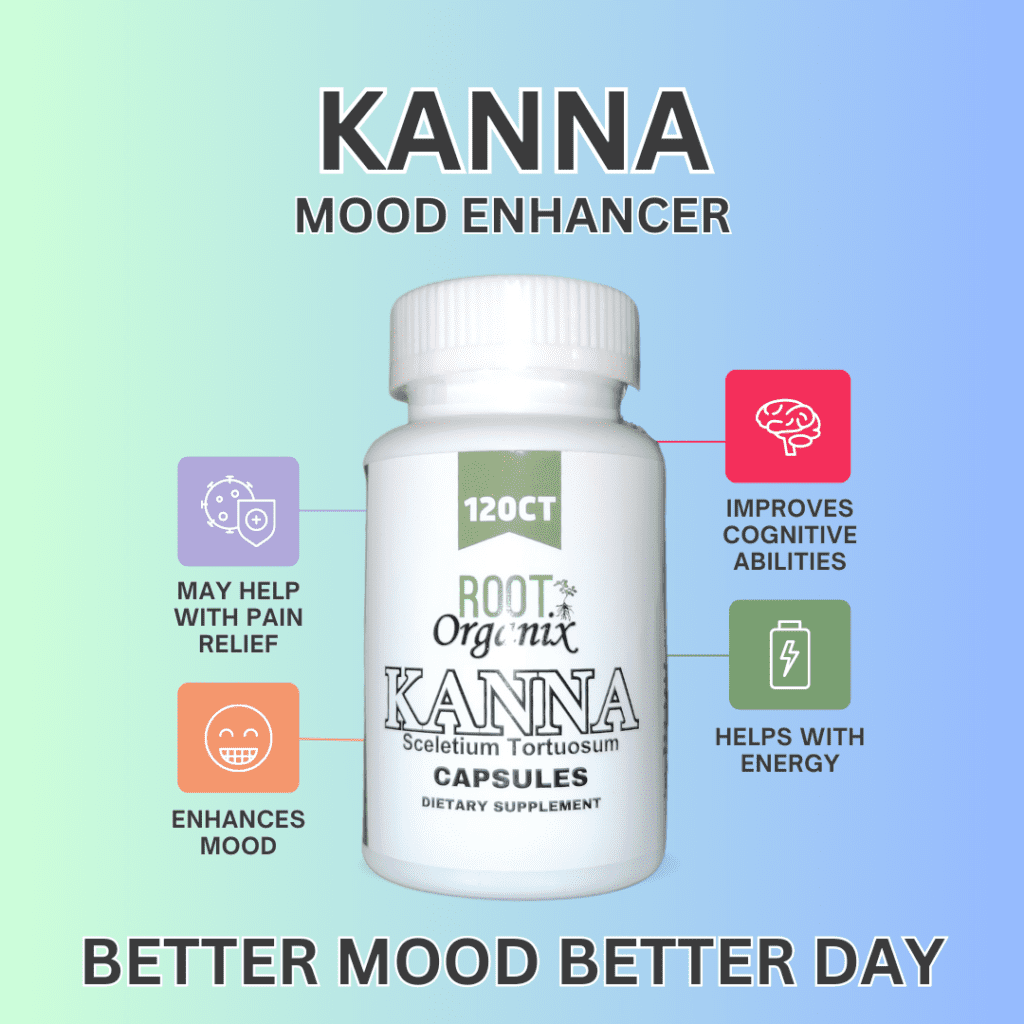
Safety and Regulations
The safety of plant derived medicine is a paramount concern. In this section, we’ll address the safety aspects of plant medicine, including potential interactions with pharmaceuticals, contraindications, and side effects. Additionally, we’ll examine the regulatory landscape governing the use and sale of plant medicines in different countries.
The regulatory landscape governing the use and sale of natural medicines varies significantly from one country to another. In some nations, traditional herbal remedies are tightly regulated, with stringent quality control and safety standards in place to ensure the efficacy and safety of plant-based products.
Countries like Germany, for instance, have a well-established regulatory framework for herbal medicines, including the Commission E Monographs, which provide detailed information on the uses and safety of various plant remedies. These regulations often require scientific evidence of safety and efficacy, as well as the registration of herbal products as medicines.
Conversely, in other regions, including parts of Asia, Africa, and South America, regulatory oversight of natural medicines can be less stringent. Traditional and indigenous healing practices often involve the use of botanicals, and in such cases, these practices are deeply rooted in cultural and historical contexts.
This makes it challenging to harmonize regulatory standards across different countries and cultures. As a result, while some natural medicines may be tightly controlled, others are available over-the-counter, leading to variations in quality and safety standards.
Global efforts are ongoing to establish guidelines for the regulation of plant remedies to ensure both their effectiveness and safety, while also respecting cultural traditions.
Understanding safety and regulations is crucial for responsible usage, and we’ll provide valuable insights to help readers make informed choices.
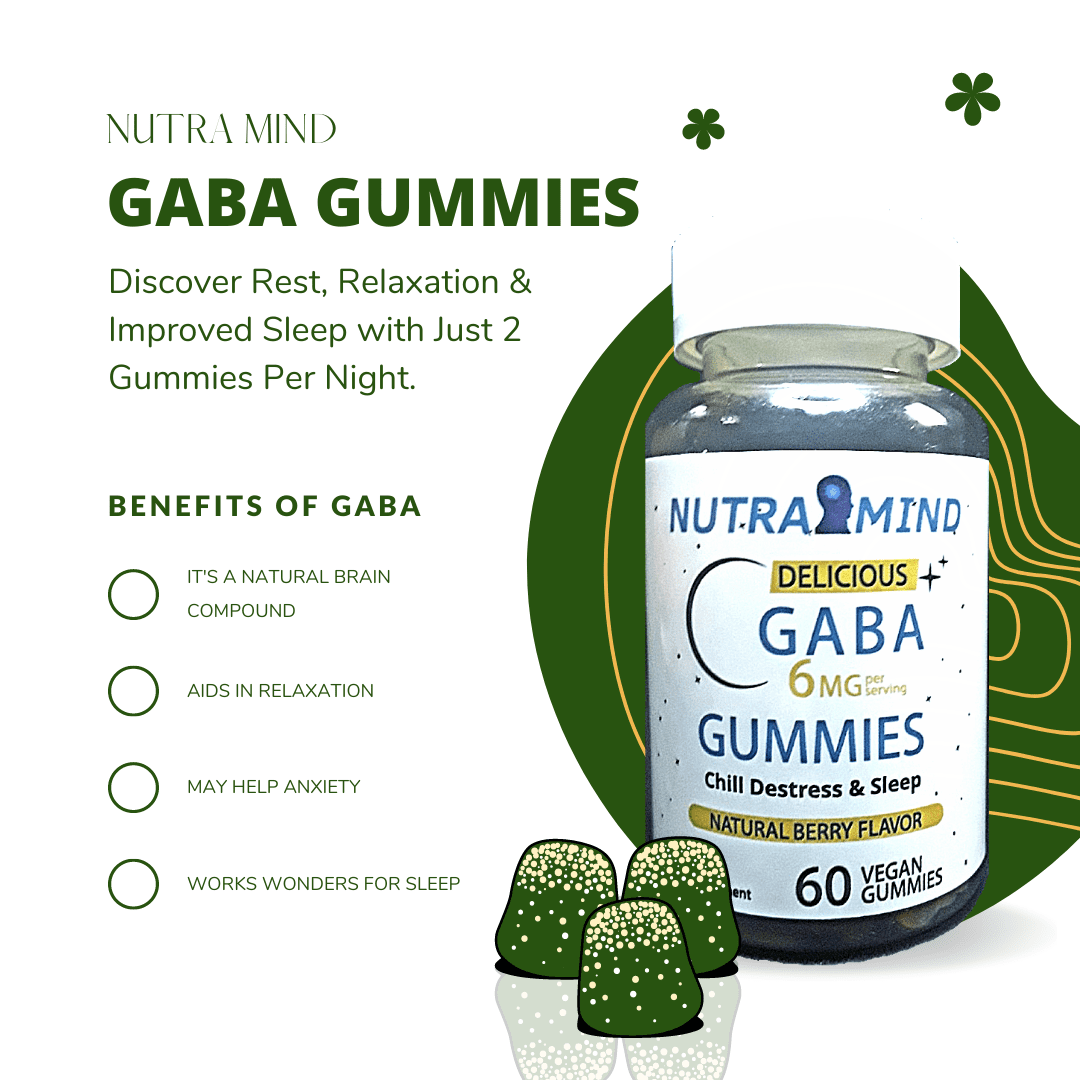
Exploring the Power
In this section, we’ll go beyond the traditional uses of plant derived medicines. We’ll explore the expanding field of ethnobotany, research on novel plant-based therapies, and the future of medicine in an ever-evolving healthcare landscape.
Exploring the expanding field of ethnobotany has become increasingly crucial in the quest for novel plant-based therapies in modern healthcare. Ethnobotany is the interdisciplinary study of the relationships between people and plants, encompassing traditional knowledge and practices of indigenous communities.
Researchers are delving into this field to identify, catalog, and validate the medicinal properties of various plants used in traditional healing systems. As our understanding of the intricate web of human-plant interactions deepens, ethnobotanical studies are uncovering a treasure trove of potential remedies for a range of ailments.
This research has the potential to transform healthcare by introducing new and natural alternatives to synthetic drugs, potentially reducing side effects and fostering sustainable practices in the pharmaceutical industry.
In an ever-evolving healthcare landscape, the future of plant medicine is promising. As traditional knowledge merges with cutting-edge scientific research, we can anticipate a growing array of plant-based therapies that are not only effective but also safer and more sustainable.
Furthermore, plant medicine offers an opportunity to address the rising concern of antibiotic resistance, as many plants contain compounds with antimicrobial properties. Integrating plant-based treatments into mainstream healthcare practices may lead to more holistic and personalized approaches to patient care.
However, challenges such as standardization, quality control, and intellectual property rights need to be addressed to ensure the responsible development and dissemination of these novel therapies. The evolving healthcare landscape is likely to witness the continued integration of plant-based medicine as a valuable and complementary resource in the quest for better health and wellness.
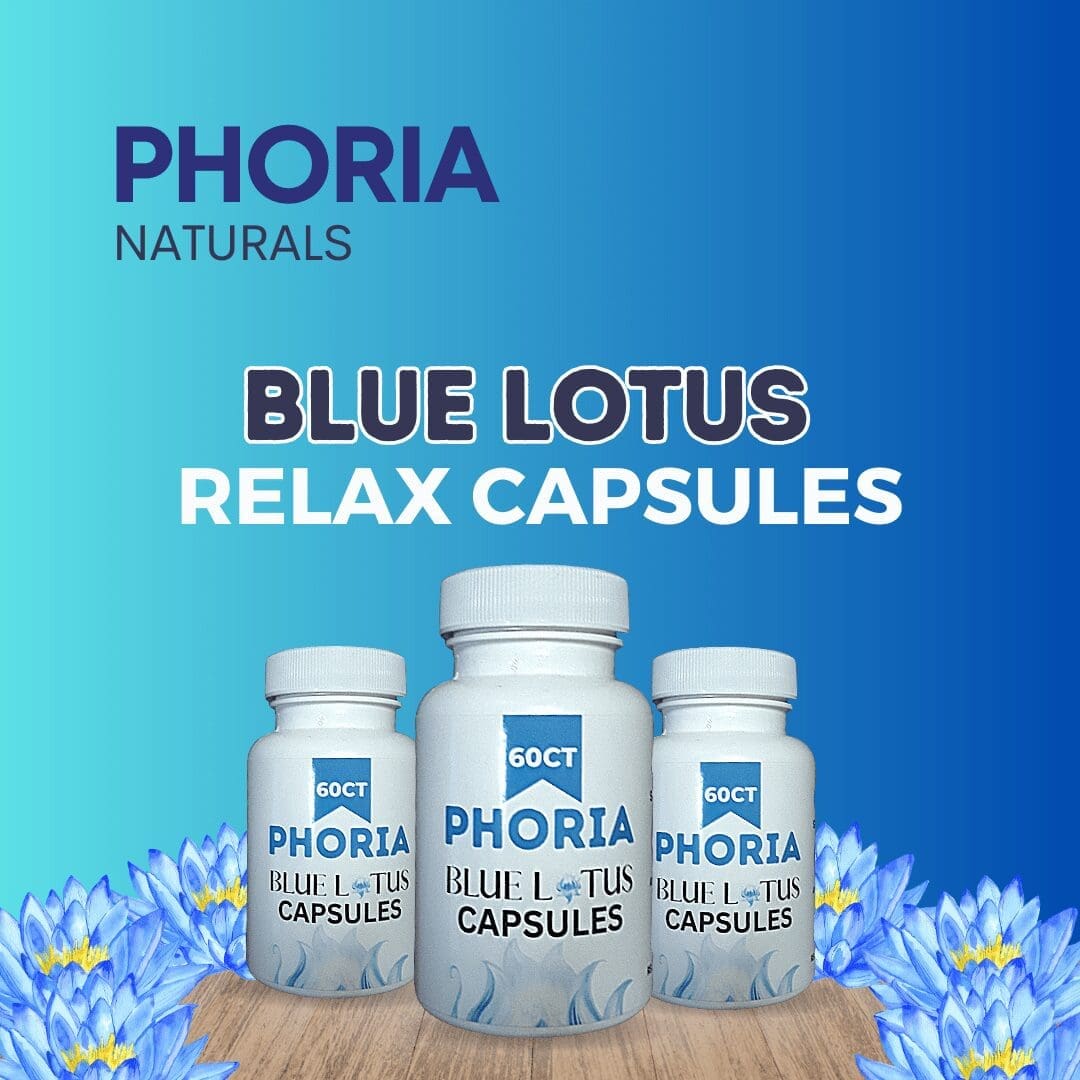
Conclusion: Embracing Nature’s Pharmacy for a Healthier Tomorrow
The world of plant medicine is vast, rooted in ancient wisdom, validated by science, and evolving to meet the needs of modern healthcare. Instead of a traditional “Conclusion,” let’s embrace a more fitting title for this closing section, one that captures the essence of the journey we’ve taken – “Pioneering a New Era of Healing with Plant Medicines.”
As we conclude this extensive exploration, we encourage you to appreciate the therapeutic potential of natural medicines and the symbiotic relationship they offer in harmony with conventional medicine. By integrating the wisdom of the past with the discoveries of the present, we can build a healthier tomorrow rooted in the remarkable healing power of nature.
In the end, natural medicines are not merely a return to tradition; they are a path to progress, offering solutions that nurture our bodies and the planet.
From ancient remedies to cutting-edge research, the world of plant derived medicines invites us to pioneer a new era of healing, fostering a harmonious relationship between traditional and modern healthcare. Embrace the wisdom of nature’s pharmacy for a healthier tomorrow.
FAQs
Are natural medicines safe for children and pregnant women?
Can I use natural medicines alongside prescription medications?
How can I ensure the sustainability of natural medicine?
Are plant medicine regulated by the FDA in the United States?
What’s the difference between herbal medicine and natural medicines?
Related Articles:
- Mental Health Potential of Plant Medicines
- Excessive Sugar Consumption on Your Health
- Best Supplements To Boost Mood Naturally
- Top Benefits Of Collagen Beyond Skincare
- Lower Cortisol Levels Natural Approach
Meet The Author


